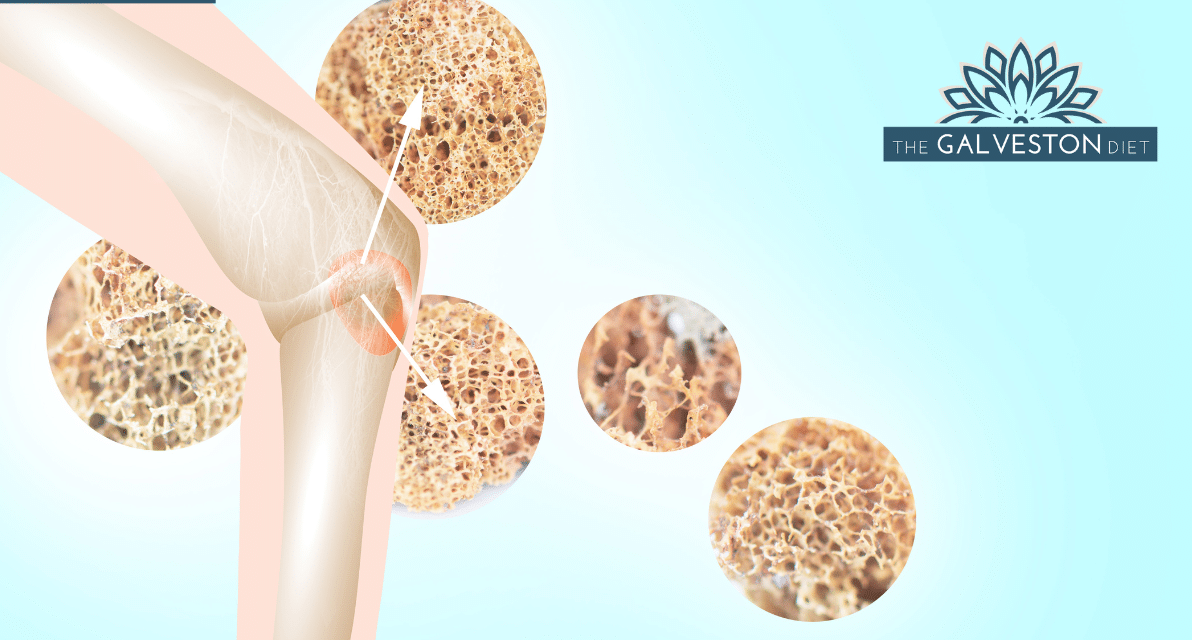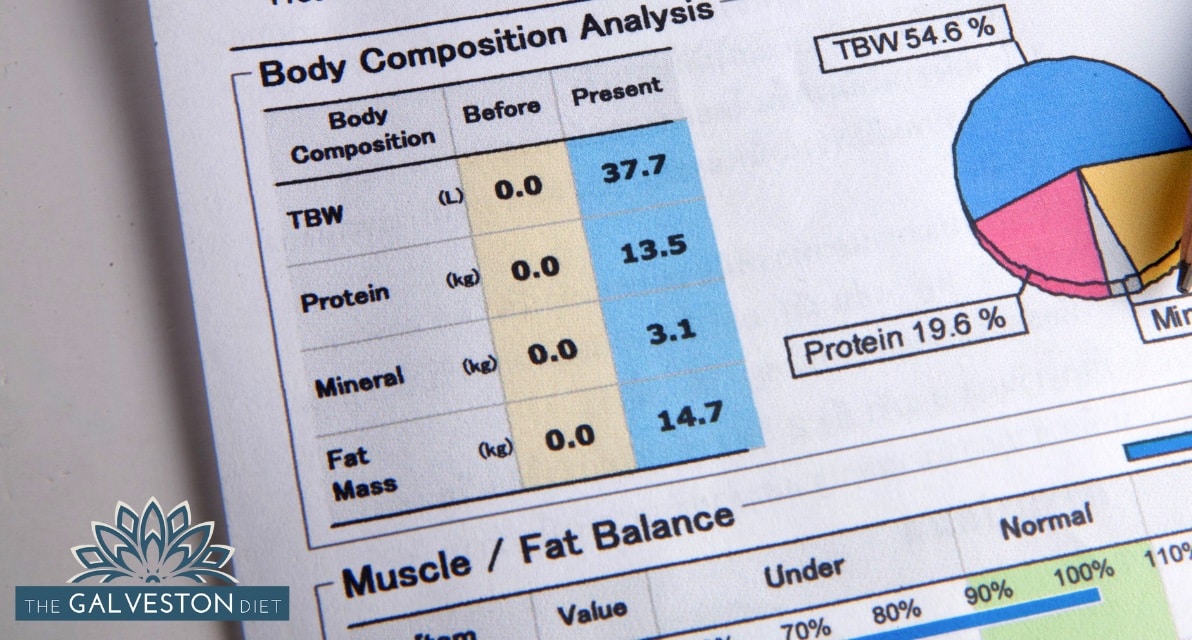Each and every woman will experience menopause at some point in her life, usually between her late 40s and early 50s. Below are answers to six common questions women have as they enter this, thought to be daunting, stage of their life.
1. What even is “menopause”?
Menopause is defined as the absence of a menstrual period for one year. Once this happens, any vaginal bleeding is abnormal and should be evaluated by your physician.
2. What is happening to your body during menopause?
Menopause occurs as a result of a decreased production of estrogen and progesterone in your ovaries due to the depletion of ovarian follicles. We are born with our ovarian tissue – and it ages with us.
3. What is “perimenopause?”
Perimenopause is the stage of one’s life leading up to menopause, which can last anywhere from a few months to 10 years. For most of us, the ovaries don’t just shut down overnight. They can “sputter” for years before giving up completely. Most women begin to experience common menopausal symptoms, especially irregular periods. Periods may be completely skipped, bleeding during one’s period may vary, and/or time between periods may continually change. An important thing to note about perimenopause, however, is that you can still become pregnant during this time.
4. What specific symptoms are associated with menopause?
Symptoms include, but are not limited to…
- Hot flashes – the most common symptom of menopause characterized by the feeling of increased temperature in the upper part of your body
- Weight gain – body generally changes from “pear-shaped” “apple-shaped,” with most of the weight gained in the abdomen/midsection
- Vaginal dryness/atrophy – inflammation and thinning of vaginal tissues, which usually makes intercourse uncomfortable
- Irregular periods – eventually leading to the halt of periods altogether
- Sleeping problems/night sweats – insomnia is the most common complaint
- Mood changes – depression, mood swings, and anxiety tend to increase during this time
- Skin changes – primarily decreased elasticity
5. What other indirect effects happen in your body?
Increased risk for osteoporosis, which is the weakening of bones.
Additionally, weight gain that is often associated with menopause may increase one’s risk for: cardiovascular disease, type 2 diabetes, and high blood pressure.
6. What can I do now to prepare for or alleviate the effects of perimenopause/menopause?
The best thing to do to be proactive about the changes your body will experience is to lead a healthy lifestyle as soon as possible. The Galveston Diet was specifically formulated to help alleviate these effects. It is important to remember that this new phase of your life MUST come with changes in your exercise and nutrition in order to remain as healthy as possible.







